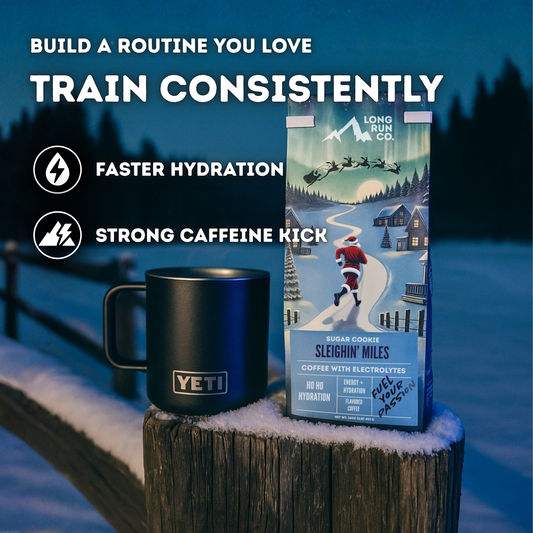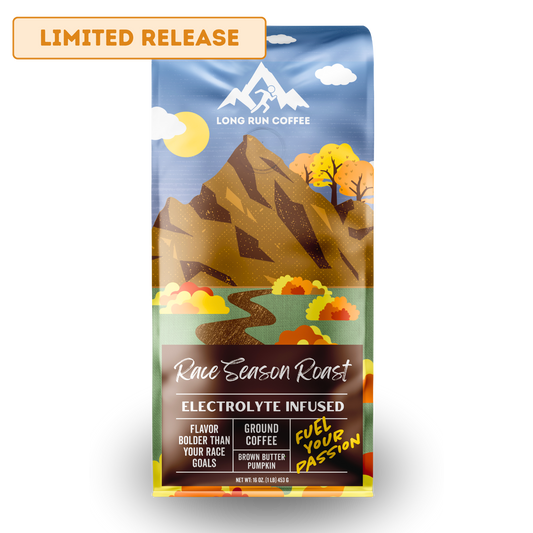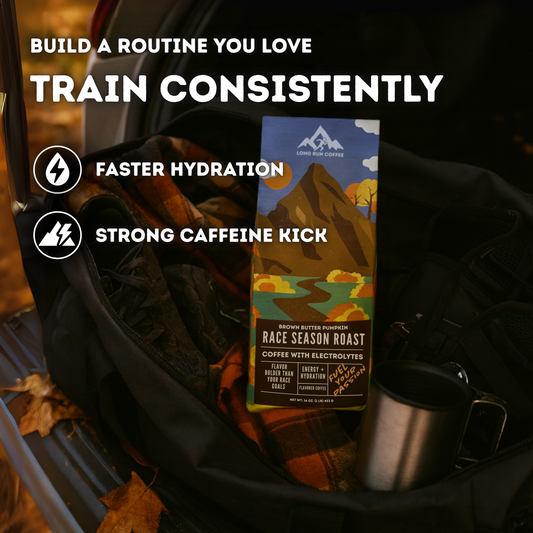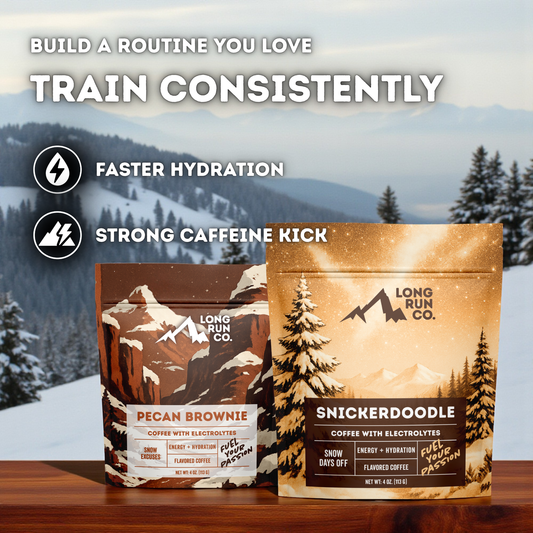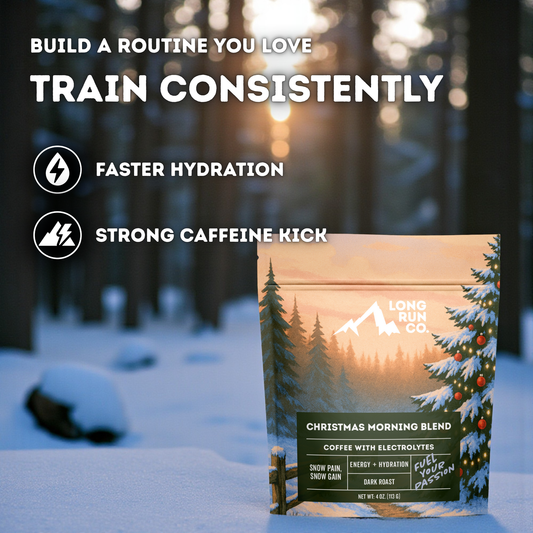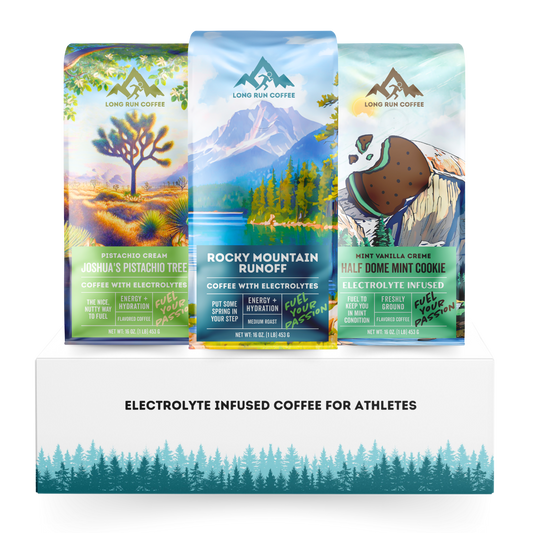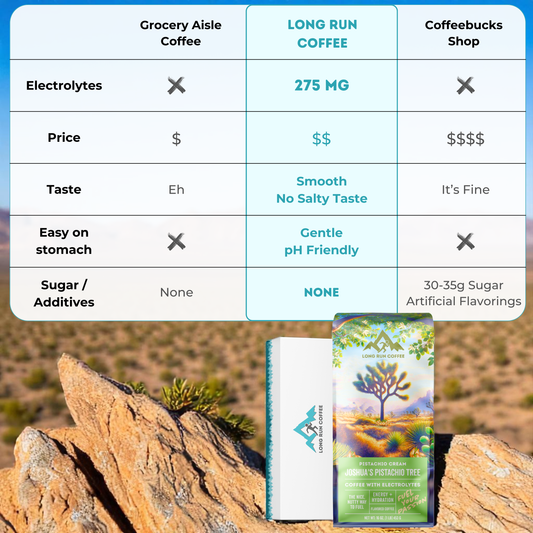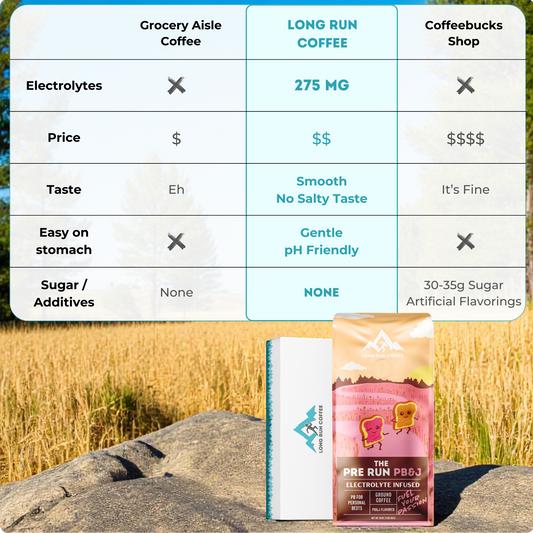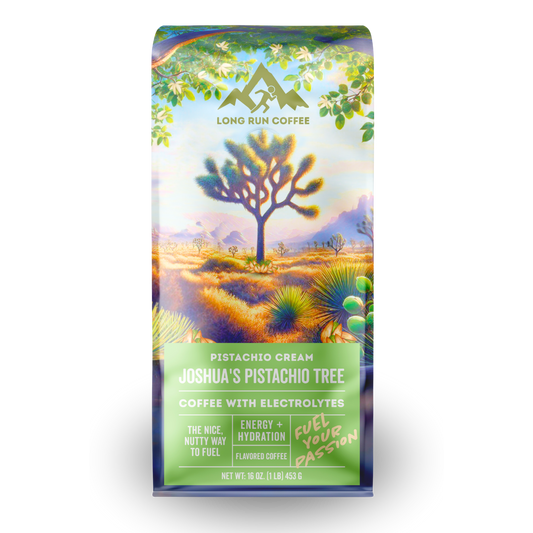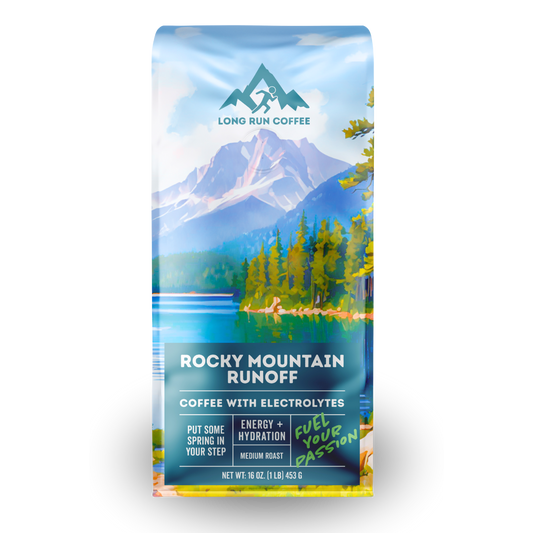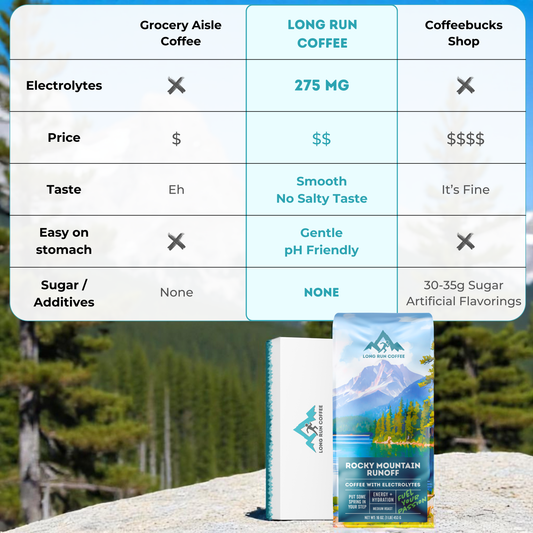
The Work we Avoid Is the Work We Need Most
2 Minute Read
What we avoid is also our biggest opportunity.
Avoidance Is A Signal
Every athlete has parts of training we quietly avoid.
Maybe it’s the long run that feels endless, the hill repeats that destroy the lungs, or the recovery work that feels too slow to matter. We skip them, soften them, or convince ourselves they’re not essential.
But avoidance is data. Training only adapts to what we repeatedly demand. And what we never demand, never develops. So, the sessions we avoid present a real opportunity.
Why? Because the things we resist are, by definition, the things we haven’t yet mastered. Avoidance is often just disguised weakness. It's a signal that something feels hard enough to threaten ego or expose limits. That’s not a reason to hide from it; that’s the exact reason to lean in.
Where the Gaps Come From
Gaps don’t appear by accident. They appear where stress has been missing.
If we love long, easy miles but dread pace work, we build endurance without the ability to hold speed under fatigue. If we chase fast reps but avoid gradual volume, we sharpen pace but don't have the endurance to sustain the effort.
Mindset gaps show up the same way: we’re fine when conditions are perfect yet falter in wind, rain, solitude, or on tired legs. Not because we’re weak, but because we haven’t built familiarity with those demands. What we avoid becomes the hole in our fitness profile.
Why We Resist (and Why That’s Useful)
Resistance usually serves a purpose.
- Sometimes it protects the ego. We would rather not confront a workout that might make us feel slow, so we stay where we already look good.
- Sometimes it’s the unfamiliar discomfort of a stimulus we haven’t practiced, which the brain misreads as danger instead of adaptation.
- Sometimes it’s noise. Novelty feels productive, so we keep changing the plan and the signal gets scrambled.
None of this is a character flaw. It’s a compass. If long tempos make us uneasy, we’ve identified the gap we need to confront. If hills make us hesitate, we’ve highlighted posture, power, and tissue resilience as the next thing to focus on.
The very feeling we interpret as “avoid this” is the next thing to focus on. This is what will move us forward.
Turning Resistance Into Progress
The answer isn’t to swing to extremes or punish ourselves with a lopsided week.
The answer is to bring the avoided work into the plan in a way we can sustain. That starts by naming the limit in plain language: “I fade after twenty minutes of steady effort,” or “my form collapses on climbs,” or “bad weather knocks me off routine.”
Once the limit is named, we introduce a small, honest dose of the missing stress inside a week we can actually repeat. We keep the structure familiar so the body recognizes the pattern, and we adjust only one variable at a time. Not all at once.
Then, we watch for simple proof that the gap is shrinking: steadier splits, calmer breathing at the same effort, form that holds later, a mind that doesn’t catastrophize halfway through. Evidence replaces drama. Progress becomes normal.
Make it Routine
Change only lasts when it lives inside routine. We will die on this hill.
That means we give this work a consistent home: same warm-up, same time of day, same sequence in the week, so there’s no daily negotiation with yourself. It's just what you do. Choose a volume we can maintain for six to ten weeks. No big heroic efforts that lead to mental fatigue and burnout.
Over time, the workout we once dreaded stops feeling like a crisis and starts feeling like practice. That’s the sign we’ve adapted. At that point we can progress modestly or our focus to the next thing we've been avoiding.
Wrap It Up
Avoidance doesn’t mean “skip this.” It means “start here.” The work we don’t want to repeat is the work that will change us. Physically by closing real limitations, and mentally by proving we can meet what we once sidestepped. When resistance becomes a compass, we stop polishing the same strengths and start raising our whole floor.
With this mindset, we build a routine we love and train consistently. Because with consistency, we build passion.






